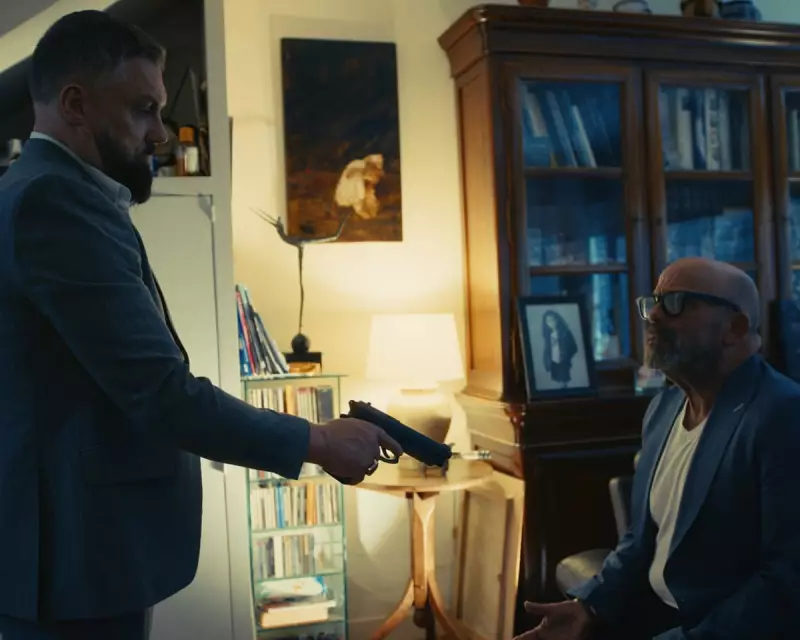
Alan Delabie's debut feature film, 'The Shepherd Code: Road Back', has stormed onto the cinematic landscape, not with a whisper, but with a raw, gut-wrenching roar. This is not merely a movie; it is a profound and unflinching excavation of the human spirit in the bleak aftermath of unspeakable trauma.
The narrative orbits a man shattered by a horrific event, his life fragmented into a before and an after. Delabie masterfully avoids cheap sentimentality, opting instead for a stark, visceral realism that pulls the audience into the protagonist's disorienting reality. We journey with him through the fog of grief, the jagged edges of memory, and the arduous, often silent, struggle to piece a life back together.
A Masterclass in Visual Storytelling
The film's power is magnified by its stunning visual language. The cinematography is a character in itself, using the harsh, imposing beauty of the natural world to mirror the internal desolation and glimmers of hope within the central character. Long, contemplative shots and a deliberate, haunting pace immerse the viewer completely, making the eventual emotional crescendos all the more powerful.
An Unforgettable Performance
At the heart of this triumph is a lead performance of staggering authenticity. The actor conveys a universe of pain, confusion, and fragile resolve with minimal dialogue, relying on a deeply expressive physicality and haunting silence that speaks volumes. It is a performance that promises to linger long after the credits roll.
While the subject matter is undeniably heavy, 'The Shepherd Code: Road Back' is ultimately a testament to resilience. It is a challenging, essential, and beautifully crafted piece of cinema that firmly establishes Alan Delabie as a formidable new voice in British filmmaking. This is a must-see for anyone who appreciates cinema that is both art and a deeply human experience.






